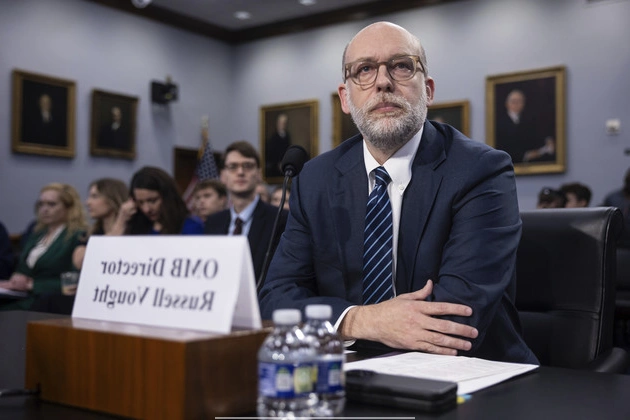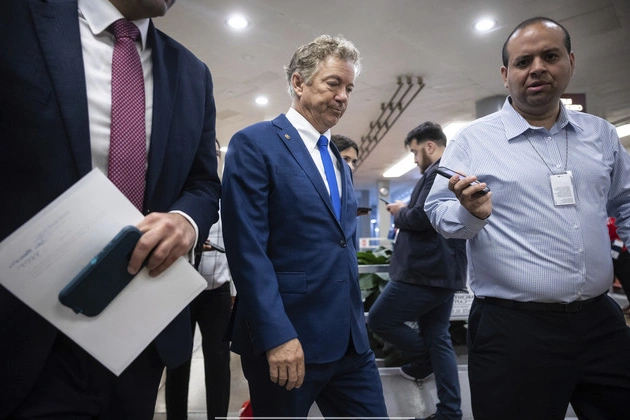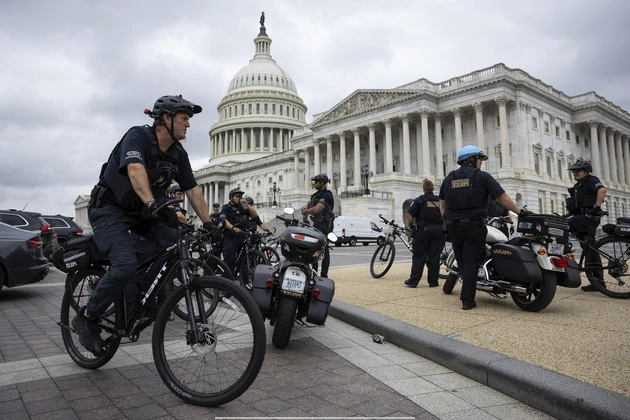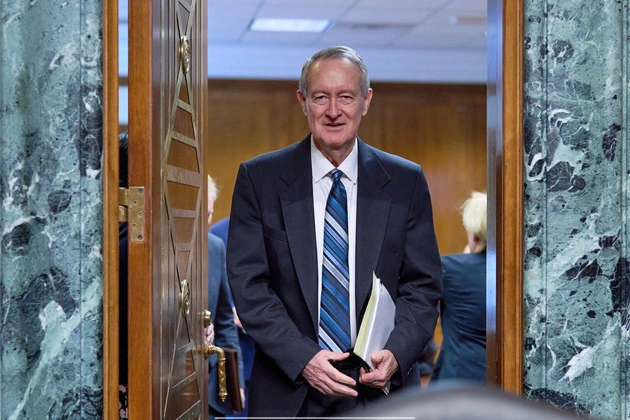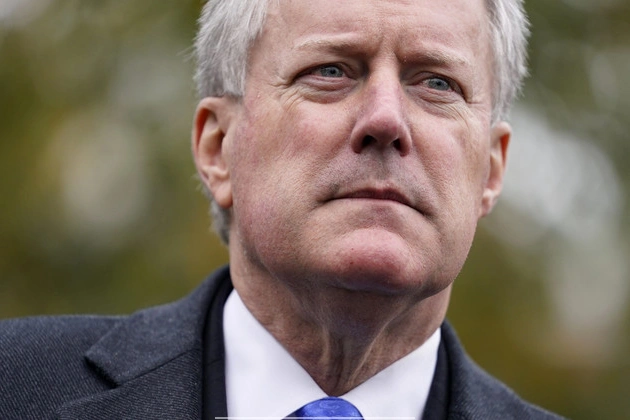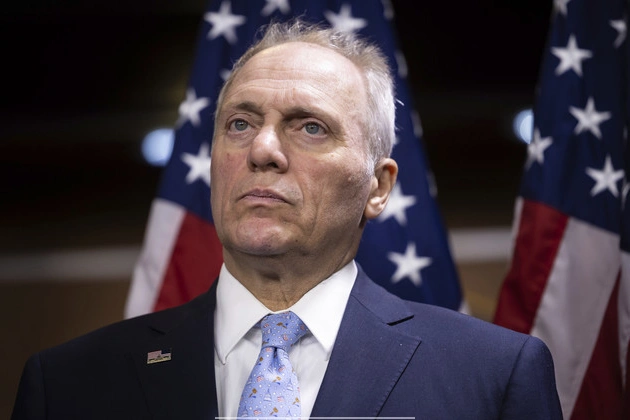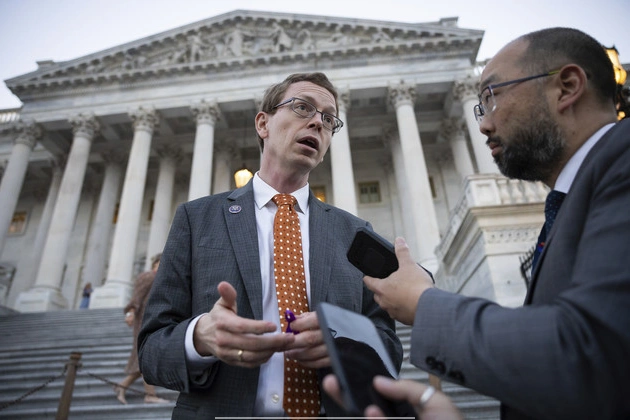
Capitol Hill witnessed a sigh of relief as President Donald Trump announced a 90-day pause on most reciprocal tariffs, calming the financial and political storm that followed his earlier tariff threats.
While a 10 percent global tariff remained and tensions with China escalated to 125 percent, Republicans found solace in the temporary retreat. Senator John Cornyn from Texas described the mood as cautiously optimistic, with senators monitoring stock market gains and feeling a sense of reassurance.
Learning the News
However, the lawmakers were not pleased with the unconventional way they received the news. Instead of official communication from the administration officials like U.S. Trade Representative Jamieson Greer and Deputy Treasury Secretary Michael Faulkender, they learned about the tariff pause from a Truth Social post.
During a Republican Study Committee lunch, concerns arose about the lack of clarity on the administration’s strategy. Both Greer and Faulkender, in separate meetings, seemed unaware of the impending announcement, leaving many questions unanswered.
Republican Perspectives
Despite the confusion, some Republican members attempted to portray the tariff pause as a strategic move in line with the Trump administration’s negotiation tactics. Rep. Dusty Johnson of South Dakota expressed support for using tariffs as leverage in negotiations. Senate Majority Leader John Thune echoed this sentiment, highlighting the administration’s trial-and-error approach to policy.
However, behind closed doors, dissenting voices within the GOP criticized the lack of coherence in the administration’s actions. One unnamed conservative House Republican bluntly labeled the situation as a ‘shitshow,’ especially after recent testimonies advocating for tariffs.
Speaker Mike Johnson summed up the situation with a reference to ‘The Art of the Deal,’ hinting at the unpredictable nature of the administration’s trade policies.
As Capitol Hill grapples with the aftermath of Trump’s tariff U-turn, uncertainties loom over the future trajectory of U.S. trade relations.






